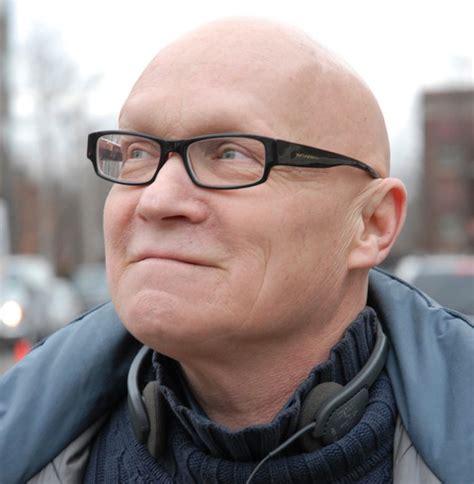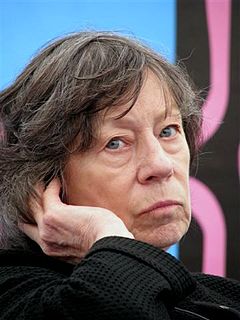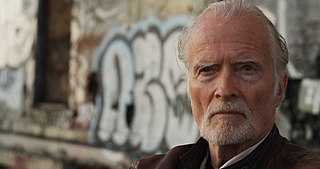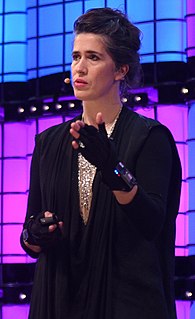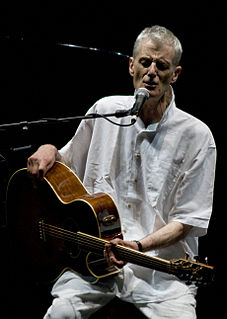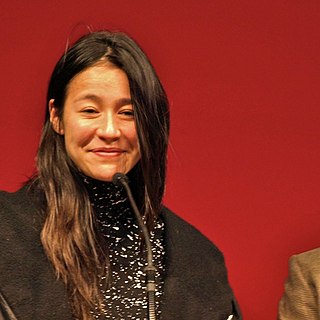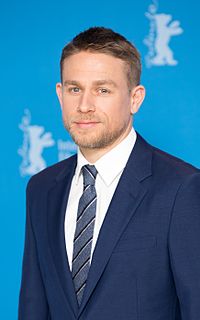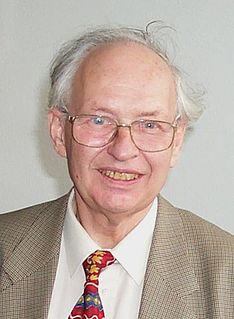A Quote by Allan Moyle
I never studied film theory, so I don't know the terminology.
Related Quotes
One absolutely crucial change is that feminist film theory is today an academic subject to be studied and taught. "Visual Pleasure and Narrative Cinema" was a political intervention, primarily influenced by the Women's Liberation Movement and, in my specific case, a Women's Liberation study group, in which we read Freud and realised the usefulness of psychoanalytic theory for a feminist project.
I don't think film schools are mentoring kids. I think they just send them through the curriculum, so now you know how to hold a camera, how to use a Dx3 menu. You can learn that in five minutes from somebody that doesn't even know anything. But what do you know if you haven't read anything - studied art and studied literature - what do you have to contribute?
I had a drummer in my band who started teaching me tricks to come up with interesting rhythms. Because I don't come from a musical background, I've never studied music, and I don't know music theory at all, so a lot of stuff I discover on my own are things students would learn in the first grade of music.
In narrative cinema, a certain terminology has already been established: 'film noir,' 'Western,' even 'Spaghetti Western.' When we say 'film noir' we know what we are talking about. But in non-narrative cinema, we are a little bit lost. So sometimes, the only way to make us understand what we are talking about is to use the term 'avant-garde.'
